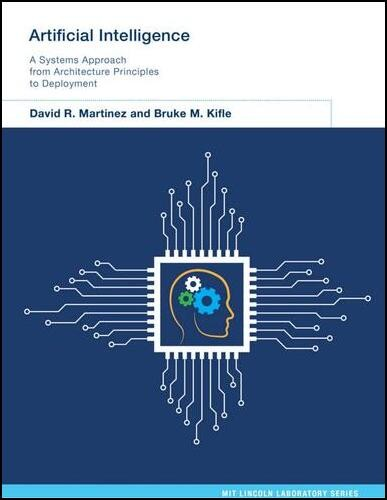Artificial Intelligence: A Systems Approach from Architecture Principles to Deployment by David R. Martinez, Bruke M. Kifle
The first text to take a systems engineering approach to Artificial Intelligence (AI), from architecture principles to the development and deployment of AI capabilities. Most books on Artificial Intelligence (AI) focus on a single functional building block, such as Machine Learning or human-machine teaming. Artificial Intelligence takes a more holistic approach, addressing AI from the view of systems engineering. The book centers on the people-process-technology triad that is critical to successful development of AI products and services. Development starts with an AI design, based on the AI system architecture, and culminates with successful deployment of the AI capabilities. Directed toward AI developers and operational users, this accessibly written volume of the MIT Lincoln Laboratory Series can also serve as a text for undergraduate seniors and graduate-level students and as a reference book. ML—one of today’s most rapidly growing technical fields—is a branch of Artificial Intelligence (AI) focused on employing data and algorithms to extract knowledge and insights without explicit instructions. At its core, ML is all about designing algorithms and models that can learn from data without being explicitly programmed. It is used to recognize patterns, make classifications or predictions, and even learn to perform tasks once thought to be exclusive to human intelligence, such as language and image understanding and generation.









